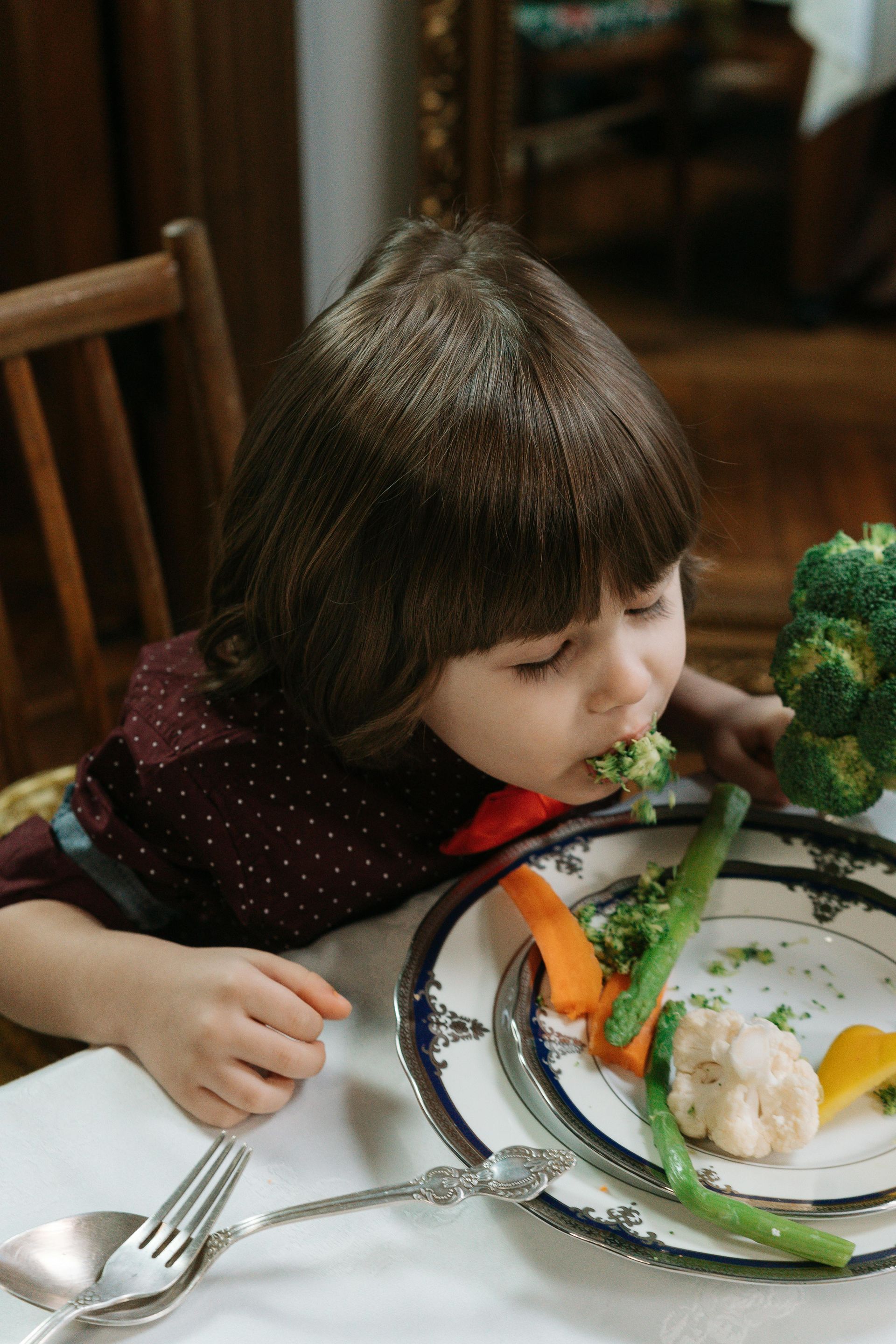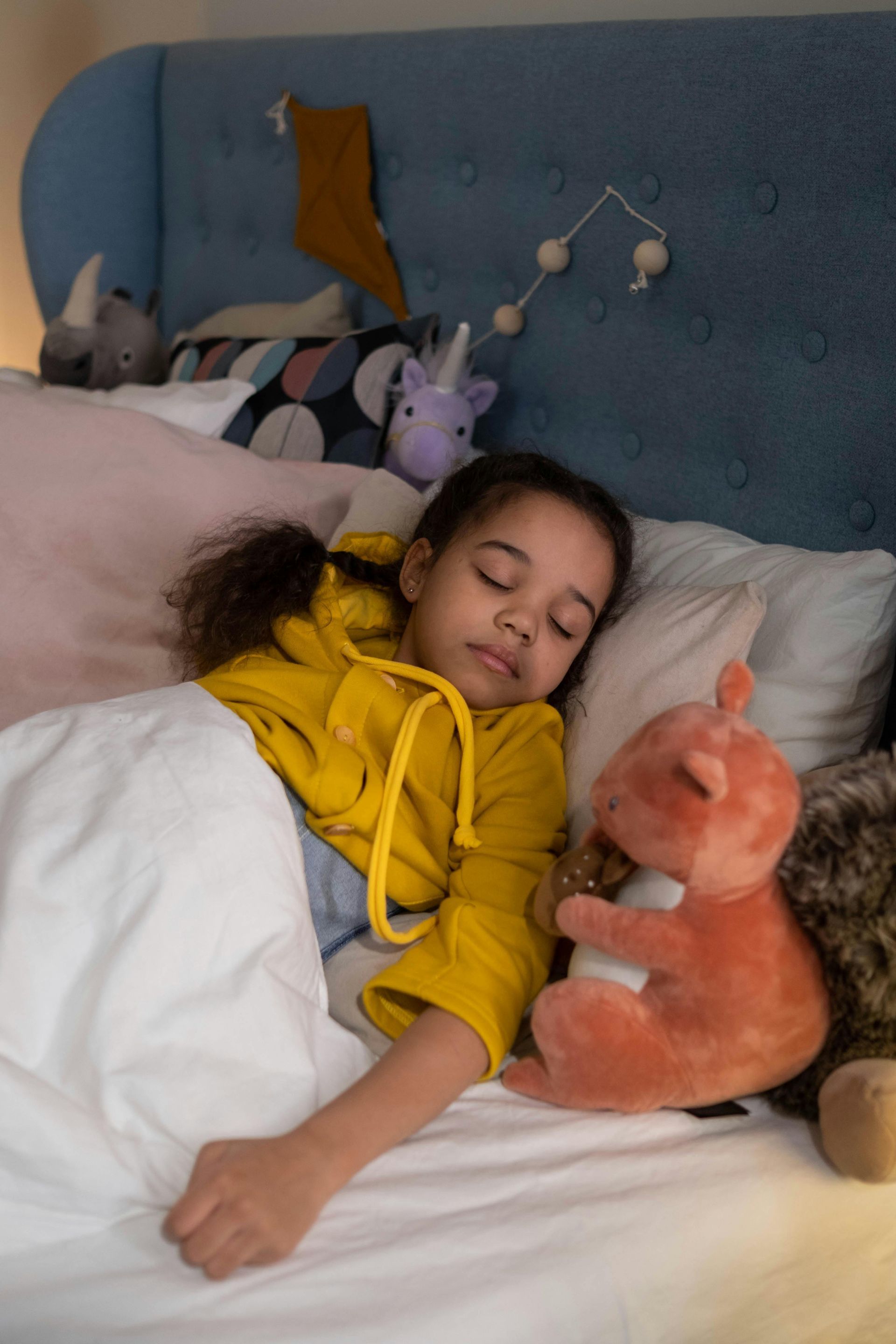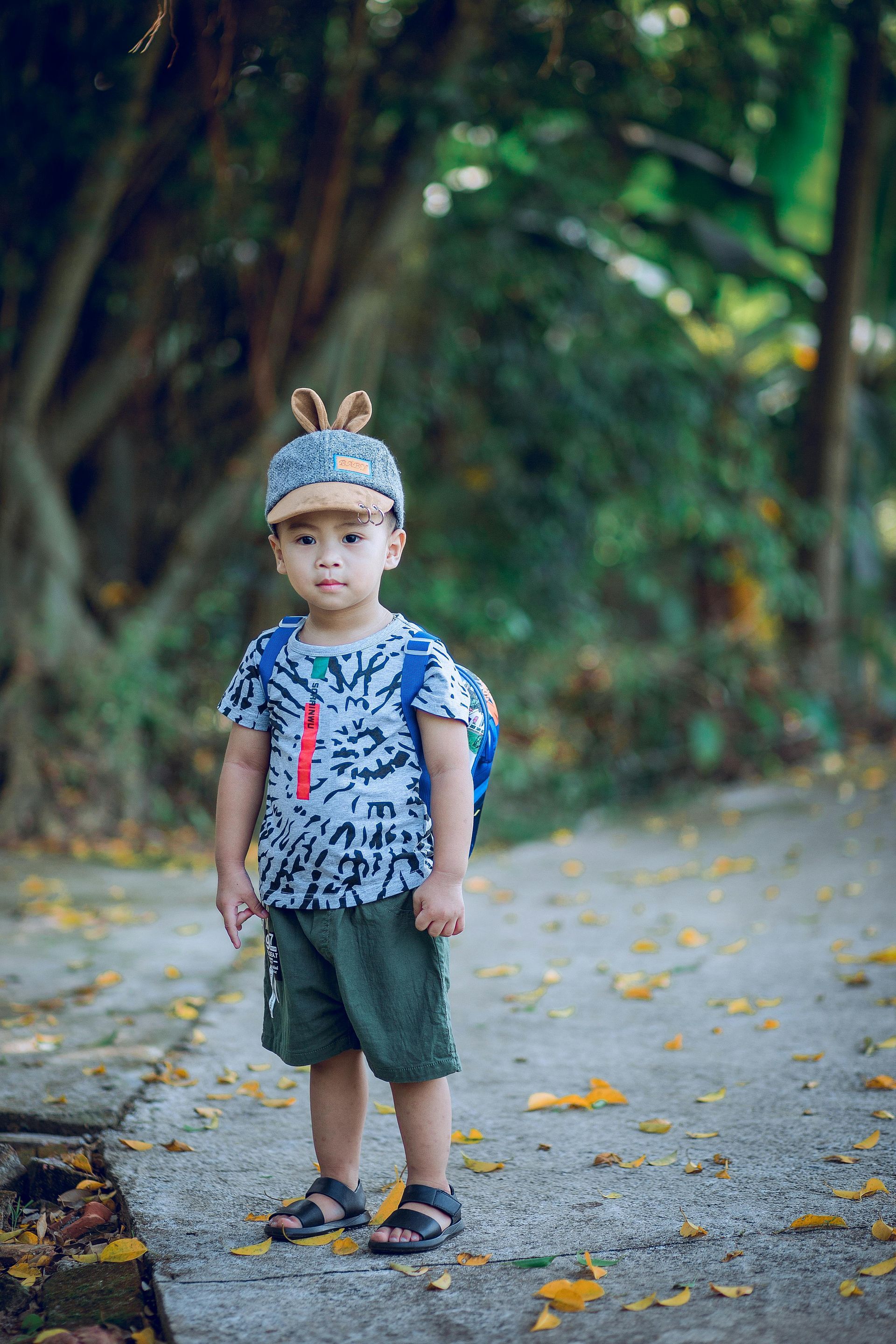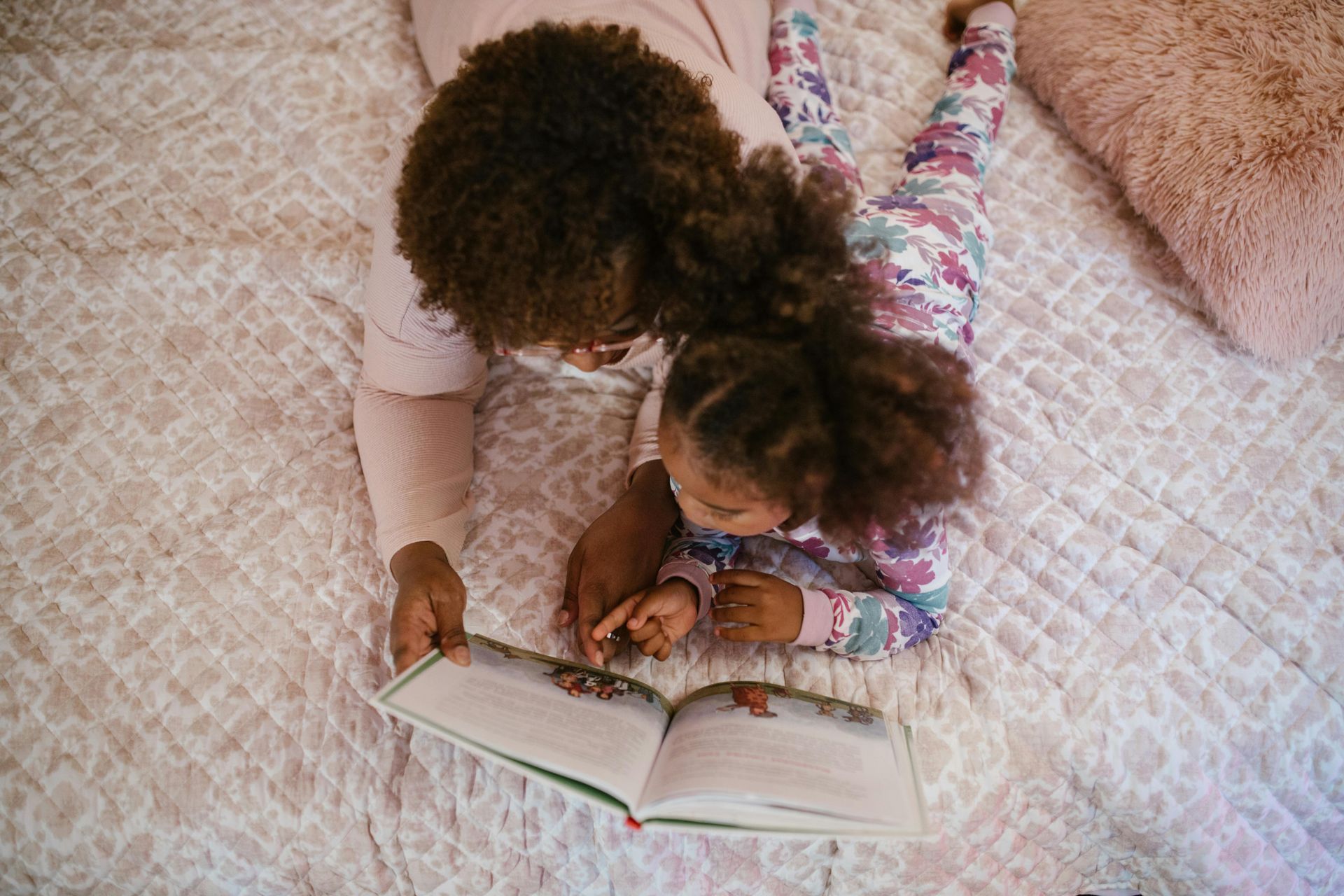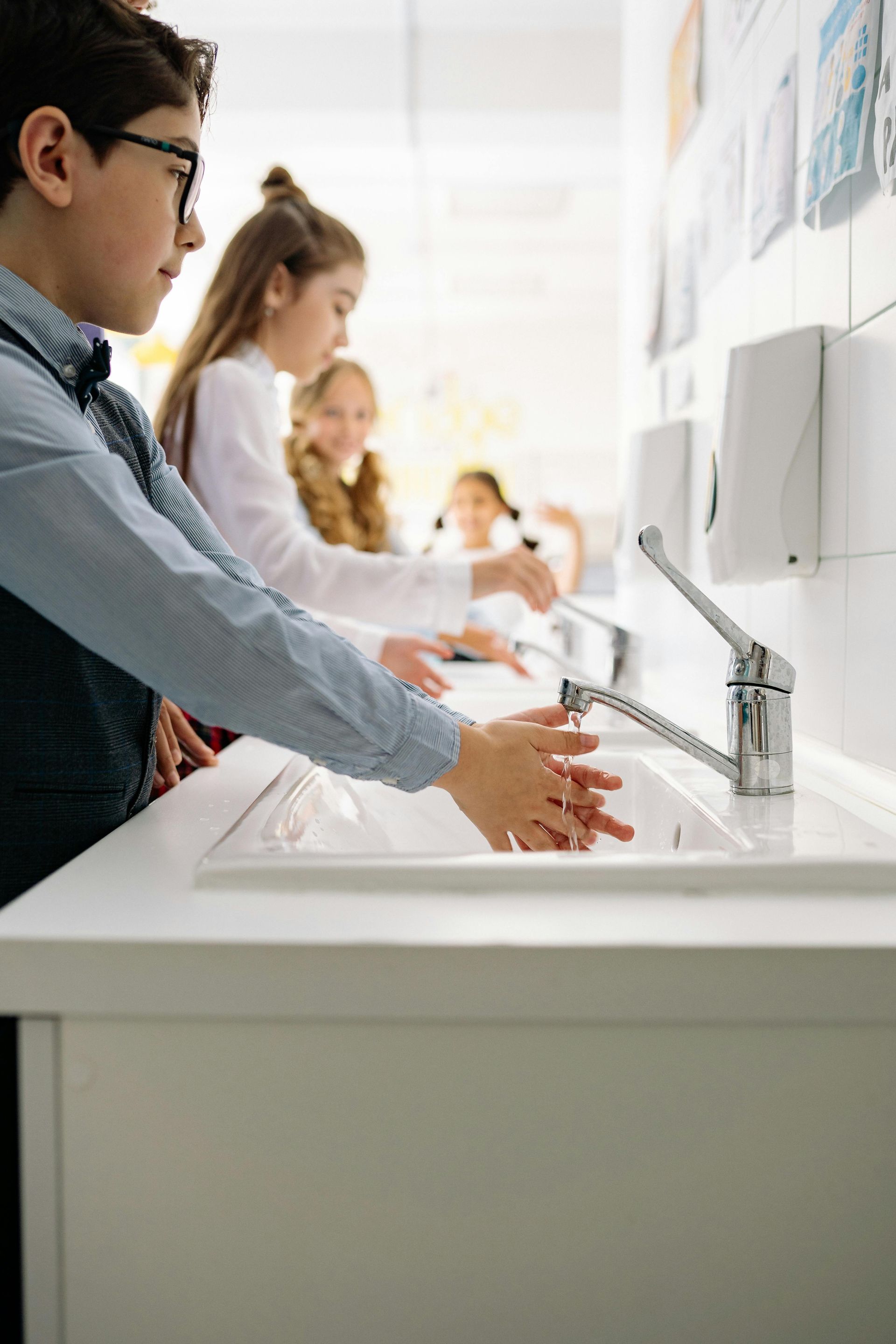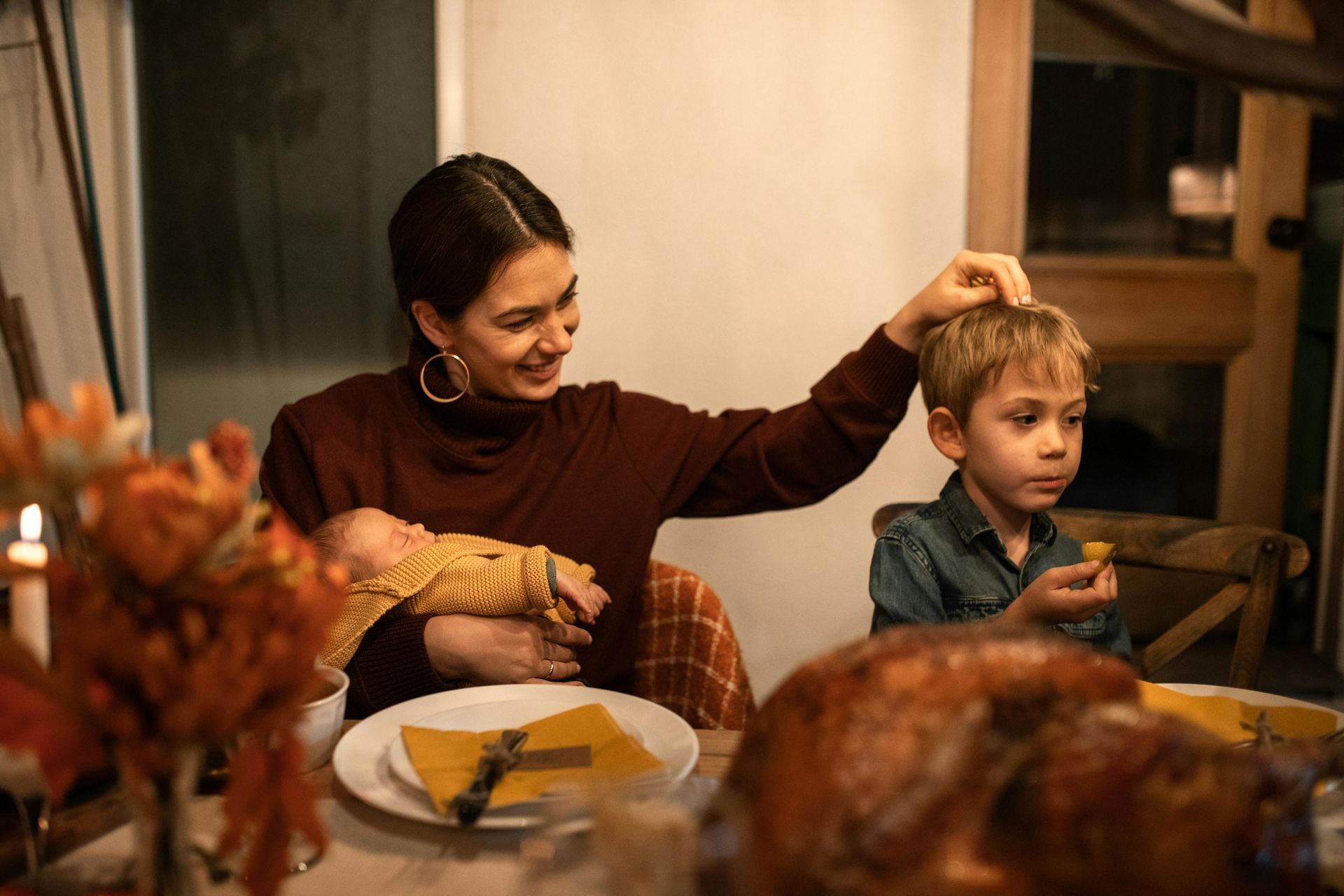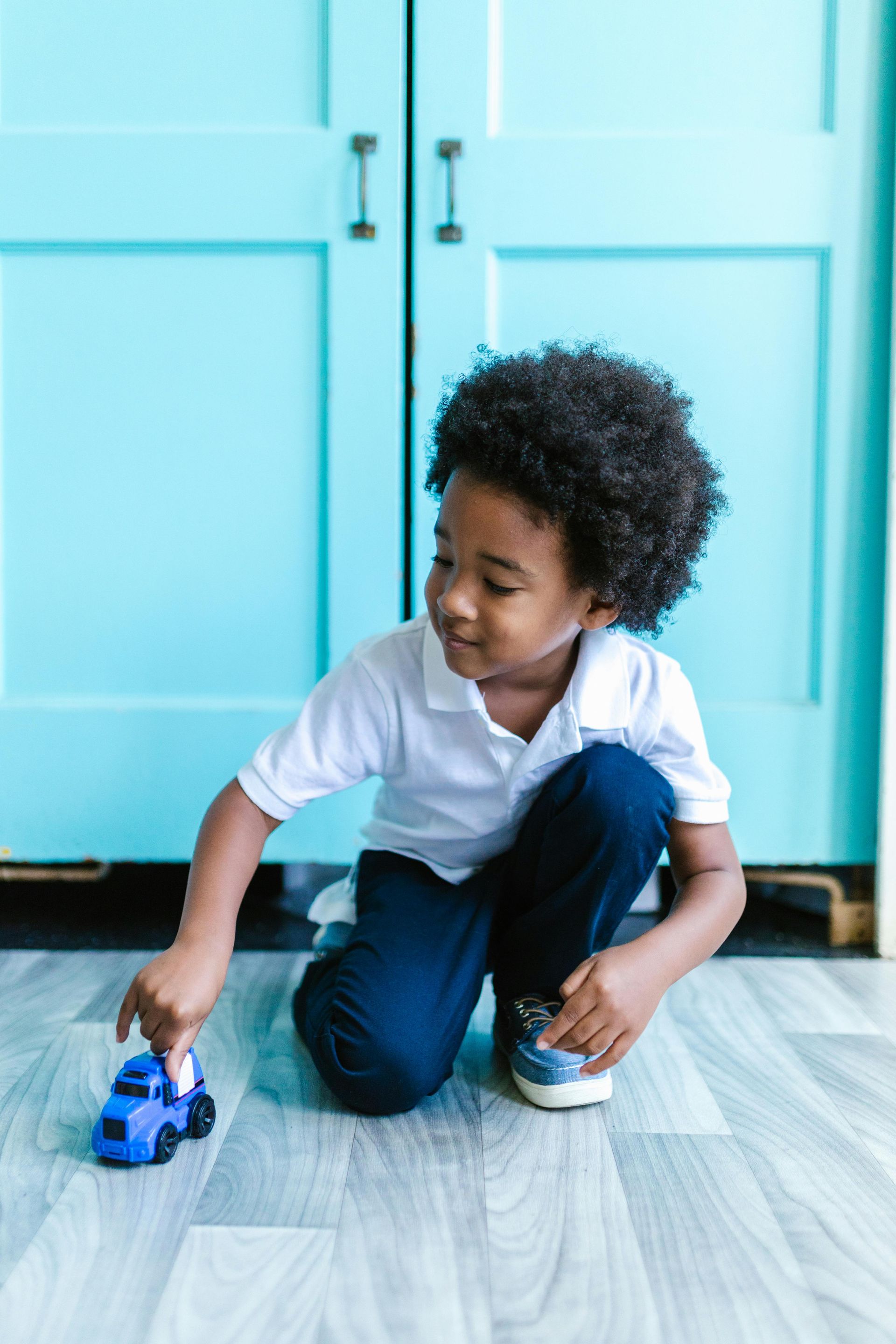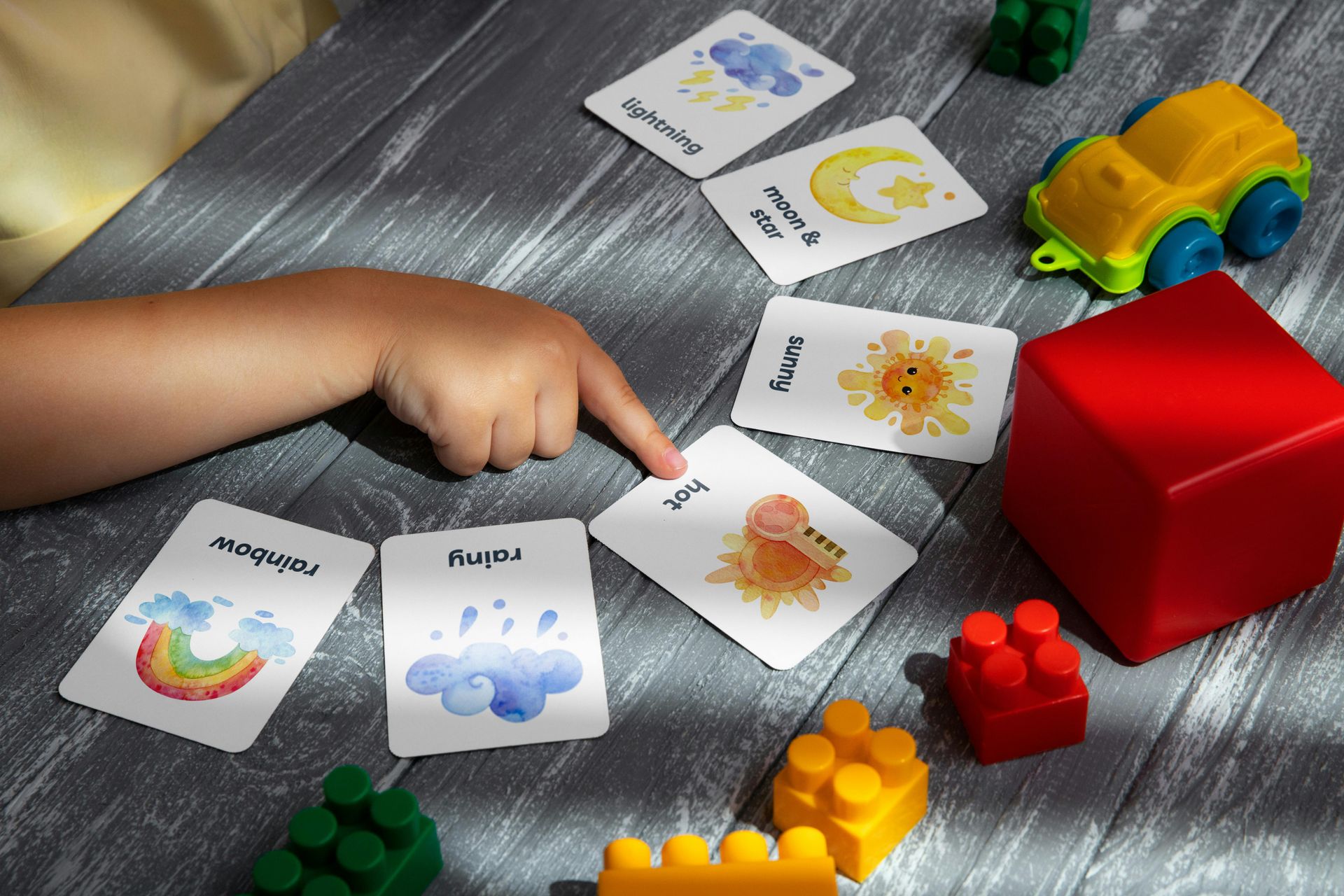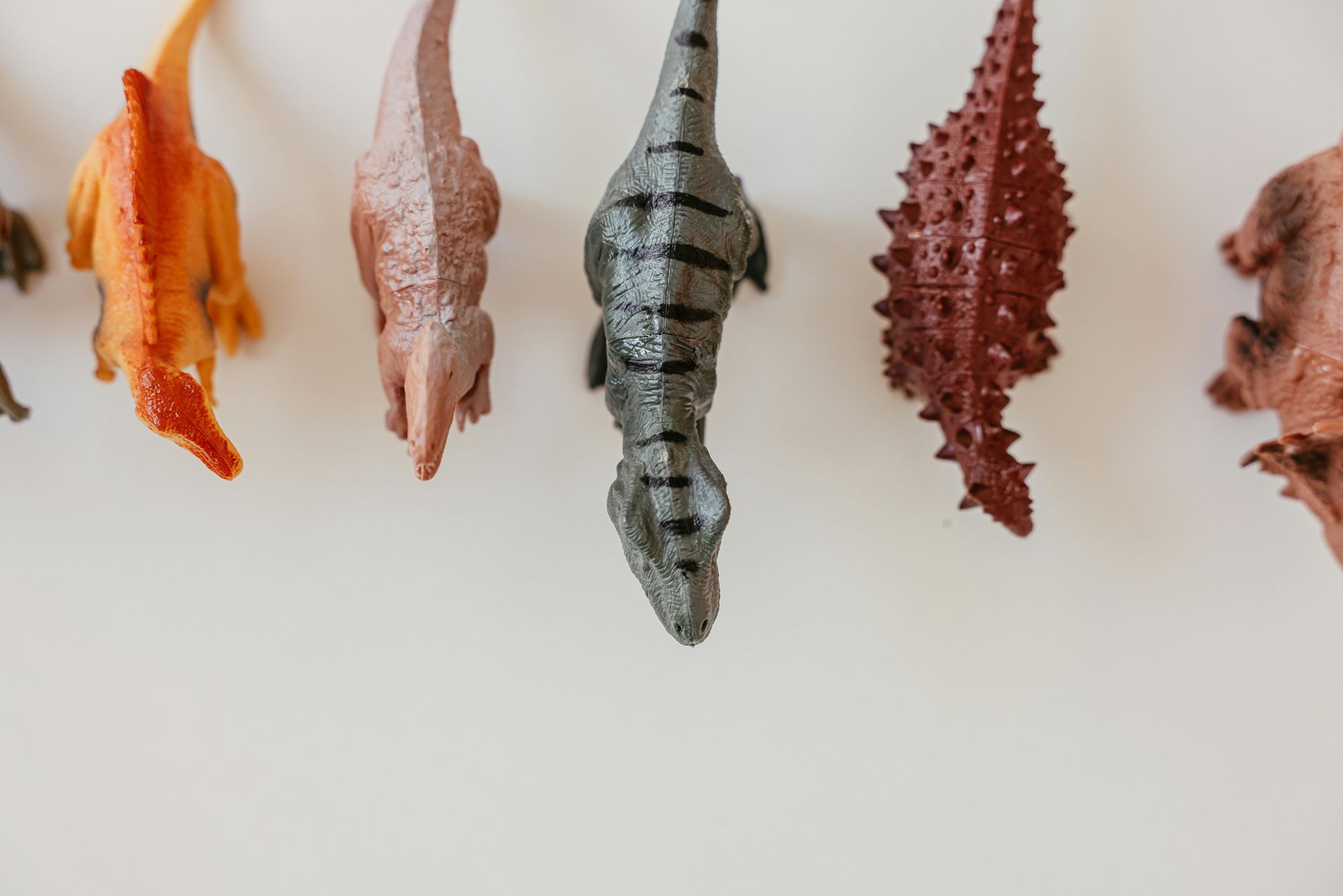Top Gift Picks for Children with Autism
Top Gift Picks for Children with Autism

Holiday gift-giving is a wonderful opportunity to support the developmental needs of a child with Autism Spectrum Disorder or ASD. A good gift could help with sensory needs, educational goals, social interaction, or even foster creativity. There are so many great types of gifts to choose from! We’ve compiled a quick list for you here.
Sensory-Input or Sensory-Friendly
Fidgets -
This is a large category of toy (or tool, depending on how you look at it) that can help increase focus and reduce anxiety. Fidget toys include spinners, pop-its, stress balls, or tactile beads.
Weighted blanket -
Provides deep, stimulating pressure that has a calming effec for many children with ASD.
Sensory swing -
Swings can provide vestibular input in and indoor or outdoor space.
Sensory play sets -
A kit with various textures, often playdough, slime or other squishy fun that encourages low-pressure exploration and helps fine-motor development.
Adaptive clothing -
If you opt to buy clothes for your loved one with autism, consider sensory-friendly clothing, like tag-free and seamless options; some brands even offer adaptive styles that are easier for children with developmental delays to put on and take off with little assistance.
Educational Toys
Blocks -
Whether classic wooden blocks, Lego bricks, or magnetic tiles, building set are great for fine motor, spacial reasoning, creativity development and more.
Puzzles -
Like blocks, puzzles are a fun challenge for developing hand-eye coordination, problem solving skills, and patience!
Interactive storybooks -
Consider books that add some sort of sensory experience like tactile elements or sound.
Cause-and-effect toys -
Many toys give children the opportunity to demonstrate cause-and-effect relationships through play; spinning tops, toys that light up when certain buttons are pushed, or interactive musical devices are good options.
Encouraging Creativity or Social Interaction
Art supplies -
Art is inherently creative and can also be a social activity if you make a point to color, draw, or paint together.
Dress up clothes -
Another great way to possibly combine creativity and social skills; two birds, one stone!
Cooperative board games -
Board games teach turn taking, communication, and teamwork; tricky games may even foster creative problem solving.
Outdoor play -
Fantastic for gross motor development; for bigger gifts consider a trampoline or climbing set.
FAQs
Should I force my child to make eye contact or say “thank you” when receiving a gift?
No. While neurotypical individuals consider it good manners to do so, a neurodivergent child sees the world differently. They may not understand this social norm, nor have the ability to do this at this time. It can be gently encouraged, but depending on your child’s development, this may not be something to expect at this time.
Can my child with autism ever have too many toys?
Believe it or not, yes! There can be too much of a good thing. Research shows that having too many options to play with may cause overstimulation or overwhelm. It may make tidying up more of a challenge as well. Try offering fewer toys at one time. Many parents find success with storing the majority of their child’s toys in a closet, or out-of-reach shelving, and rotating toys in and out of a smaller selection that the child can choose from.
Positive Reinforcement provides in-home ABA therapy throughout Northern Virginia, including Ashburn, Purcellville, Leesburg, Sterling, Winchester, Woodbridge, and neighboring communities. Our family-centered ABA programs focus on building communication, social, and daily living skills through individualized treatment plans delivered directly in your home. Families across the region can explore our ABA therapy services.

